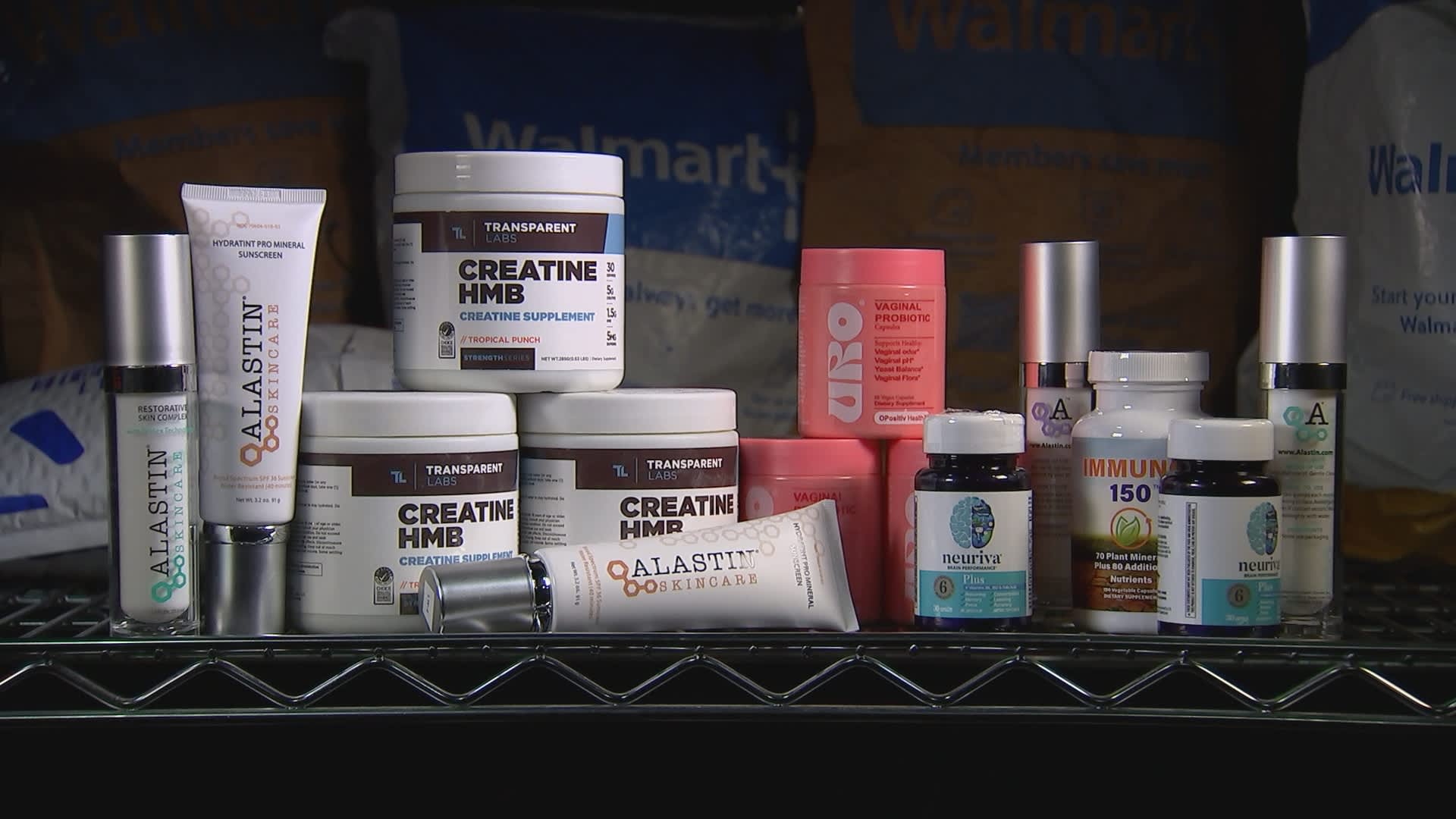By Gabrielle Fonrouge,Paige Tortorelli
Copyright cnbc

Reckitt, the maker of Neuriva, said it “immediately opened an investigation” after learning about the counterfeit supplements May bought and said “the health and safety of consumers is our top priority.” It said anyone who believes they may have bought a fake item should stop using it and contact the company’s customer care team.
Over the last five years, the number of sellers and items for sale on Walmart’s marketplace has exploded. The platform’s U.S. revenue grew 45% and 37%, respectively, in fiscal 2024 and fiscal 2025, Walmart has said. That expansion has fueled Walmart’s U.S. e-commerce business, which is second only to Amazon in online sales dollars, according to research from financial firm Mizuho. It’s nearing $100 billion in annual revenue and is on pace to represent 10% of all domestic online sales by 2026, Mizuho said.
But that meteoric rise came partly from Walmart’s decision to accept some risks in the interest of growth, current and former employees said.
Tammie Jones, who worked on Walmart’s seller vetting team from September 2023 to April 2024, said she was pressured to approve seller applications, even when she had concerns about the applicant’s credentials or documentation.
“It got to a point where they were just like, ‘You know what? Just go ahead and approve everybody,'” Jones said of her managers’ directives. “They wanted that business, so they were willing to take a chance on it.”
In a statement, Walmart said “trust and safety are non-negotiable for us.”
“We’re unwavering in our commitment to delivering everyday low prices, a broad assortment, and innovative shopping experiences. Counterfeiters are bad actors who target retail marketplaces across the world, and we are aggressive in our efforts to prevent and combat their deceptive behavior,” Walmart said. “We enforce a zero-tolerance policy for prohibited or noncompliant products and continue to invest in new tools and technologies to help ensure only trusted, legitimate items reach our customers.”
Counterfeits and fraud are endemic to third-party marketplaces. Amazon, among others, had trouble policing counterfeits as they grew. But Amazon has since tightened its vetting, according to interviews with sellers and e-commerce consultants. Meanwhile, it became easier for bad actors to join and sell on Walmart’s marketplace, CNBC’s investigation found.



